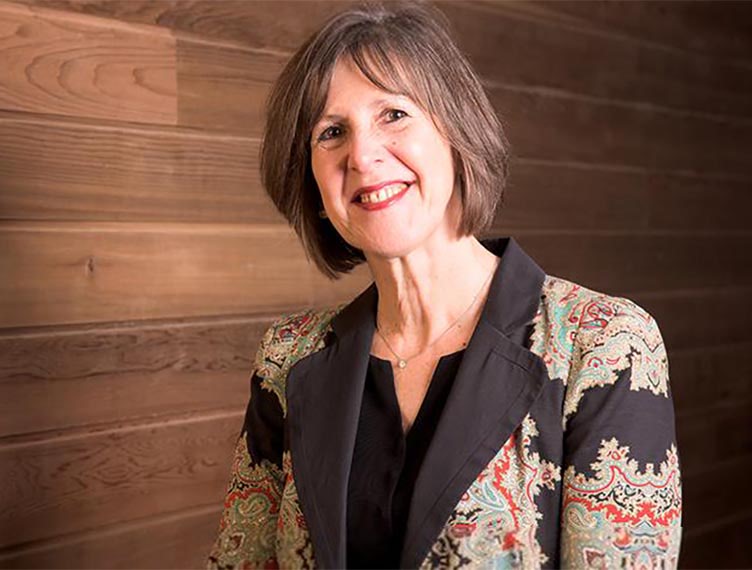#MadeAtUni campaign celebrates ‘Nation’s Lifesavers’

People responsible for using virtual reality to help stroke patients recover, curing blindness, using AI to tackle heart disease and designing a device to help dogs communicate when cancer is present are among those named as the Nation’s Lifesavers.
The Nation’s Lifesavers are the top 100 individuals or groups based in universities across the country whose work is saving lives and making a life-changing difference to our health and wellbeing.
They have been celebrated for the first time today as part of Universities UK’s MadeAtUni campaign, which brings to life the impact of universities on families, communities and wider society.
Universities were invited to nominate an individual or group who has made a significant contribution to the nation’s health and wellbeing. Universities from Plymouth to Dundee submitted a nomination.
The Nation’s Lifesavers are battling diseases, tackling inequality, helping new parents and children enjoy the best start in life and supporting older people. In Mental Health Awareness Week, their stories show a huge contribution to improving our mental health and wellbeing.
The selection reveals the amazing use of technology, such as drones to fight malaria, a smart glove for communicating sign language and robots helping older people.
Stories of the Nation’s Lifesavers highlight how the value of universities stretches far beyond the educational opportunities and economic impact they provide. Whether you attended university or not, the likelihood is that everyone has directly or indirectly benefited from medical advances or health and wellbeing developments pioneered at university.
Professor Dame Janet Beer, President of Universities UK, said:
“When people think of lifesavers they understandably tend to focus on the dedication and skill of our doctors, nurses, carers, and paramedics – many of whom are trained at universities. Every day, up and down the country, universities are also working on innovations to transform and save lives. Research taking place in universities is finding solutions to so many of the health and wellbeing issues we care about and the causes that matter.
“By proudly working in partnership with charities, the NHS and healthcare organisations, universities are responsible for some of our biggest health breakthroughs and in revolutionising the delivery of care.
“This campaign is a chance to bring to life the wonderful and often unexpected work going on every day in our universities and to celebrate some of the people working to make a life-changing difference to us all.”
Campaign ambassador Dame Katherine Grainger, Chancellor of Oxford Brookes University, Chair of UK Sport and Britain’s most decorated female Olympic athlete, commented:
“MadeAtUni Lifesavers celebrates the researchers and their teams in universities across the country who are providing innovations, breakthroughs, cures and treatments to improve the health and wellbeing of adults and children, locally, nationally and internationally.
“I know from my own direct experience at Oxford Brookes that our universities are treasuries in which to share knowledge, test established notions and evidence about health, and ultimately create fresh approaches which can help us all to thrive.”
Welcoming the campaign, Health Minister Nicola Blackwood said:
“The UK is leading the world in ground-breaking research and at the very root of this are our brilliant universities who harness the best and brightest talent to improve the health of the nation and save lives.
“Through our Long Term Plan, we will transform the NHS into a culture of innovation to allow the best cutting-edge technologies, treatments and devices to reach patients as soon as possible.”
Research, carried out by Britain Thinks, shows the public are proud of UK universities, but have little understanding of the benefits they bring, with most not being aware that UK academics are behind many of the discoveries that save lives and keep up healthy.
Britain Thinks polled 2,063 UK adults online between 30 May and 31 May 2018. Data was weighted to be representative of all UK adults.











Responses